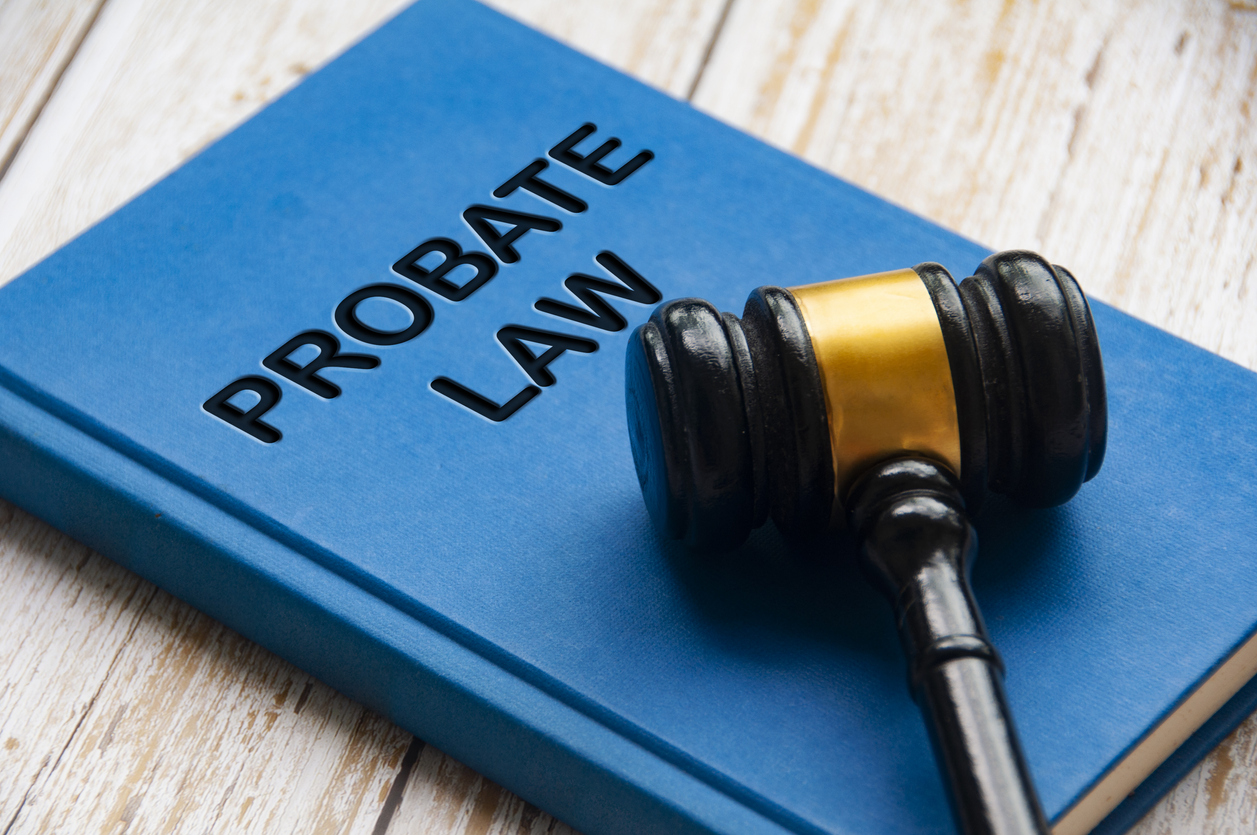How Divorce Affects an Estate Plan
Divorce changes not only a person’s financial and personal life but also the way their assets will be handled after death. Many people overlook the importance of updating estate planning documents after a divorce, which can result in unintended beneficiaries receiving inheritances or former spouses retaining control over critical financial and medical decisions. Taking the time to revise an estate plan ensures that assets are protected and aligned with post-divorce goals.
How Divorce Affects Your Estate Plan
Divorce changes personal and financial circumstances and how assets will be distributed after death. Many forget to update their estate plans, leaving former spouses as beneficiaries or decision-makers. Without revisions, an ex-spouse could inherit assets, manage finances, or make medical decisions in an emergency.
Key documents that need immediate attention include wills, trusts, powers of attorney and beneficiary designations on life insurance and retirement accounts. Updating these ensures that assets go to intended heirs and that financial and medical decisions remain in trusted hands.
Updating Wills and Trusts
A divorce does not automatically remove an ex-spouse from an estate plan. If a will or trust still names the former spouse as a primary beneficiary or executor, they may inherit assets or retain authority over the estate. Updating key documents includes:
- Revising a will to name new beneficiaries and executors
- Amending or revoking any revocable trusts that include the former spouse
- Reviewing state laws, some jurisdictions automatically void spousal provisions upon divorce, while others do not
Failing to update these documents may lead to unnecessary legal battles or the distribution of assets against the person’s wishes.
Changing Beneficiary Designations
Many financial assets pass directly to named beneficiaries outside of a will, making beneficiary updates essential after divorce. Documents to review include:
- Life insurance policies and retirement accounts, such as 401(k)s and IRAs
- Payable-on-death (POD) and transfer-on-death (TOD) accounts
- Jointly held assets or real estate with right of survivorship
If an ex-spouse remains listed as a beneficiary, they may still receive these assets, regardless of the divorce decree. Updating beneficiary designations ensures that assets go to the intended individuals.
Adjusting Powers of Attorney and Healthcare Directives
Divorce often necessitates appointing new individuals to manage financial and medical decisions in case of incapacity. Changes to consider include:
- Naming a new power of attorney for financial matters
- Revising a healthcare proxy to designate a trusted individual for medical decisions
- Ensuring that living wills and advance directives reflect current wishes
Leaving a former spouse in control of these decisions can lead to unintended complications, particularly in medical emergencies.
Spousal Elective Share
Some states, such as Maryland, have a spousal elective share which allows a surviving spouse to claim a portion of the deceased spouse’s estate, even if they were excluded from the will. This is a protection for a surviving spouse who might otherwise be left with nothing due to the deceased spouse’s will or other estate planning documents. A spouse can waive the right to an elective share if they signed a valid pre-nuptial agreement or post-nuptial agreement giving up this right.
Secure Your Legacy with an Updated Estate Plan
Divorce requires more than financial separation—it demands a complete estate plan review to prevent unintended consequences. Ensuring that your will, trusts and powers of attorney reflect your current wishes is critical to protecting your assets and loved ones.
Our boutique law firm provides comprehensive estate planning services to help you update legal documents after divorce. Schedule a consultation today with one of our experienced estate planning attorneys to secure your financial future.
Key Takeaways
- Wills and trusts must be updated after divorce: Failing to revise estate documents may result in an ex-spouse inheriting assets or serving as executor.
- Beneficiary designations require careful review: Retirement accounts, life insurance and bank accounts should be updated to reflect new intentions.
- Powers of attorney and healthcare directives should be revised: Naming a new agent ensures that a trusted individual handles financial and medical decisions.
- State laws may impact estate plan changes: Some jurisdictions automatically revoke spousal provisions, while others require updating specific documents.
- Proactive planning prevents legal disputes: Updating an estate plan immediately after divorce helps avoid unintended consequences and ensures that assets are distributed according to new wishes.
References: Investopedia (June 25, 2024) “Rewriting Your Will After Divorce” and Justia (September 2024) “Estate Planning After Divorce”








